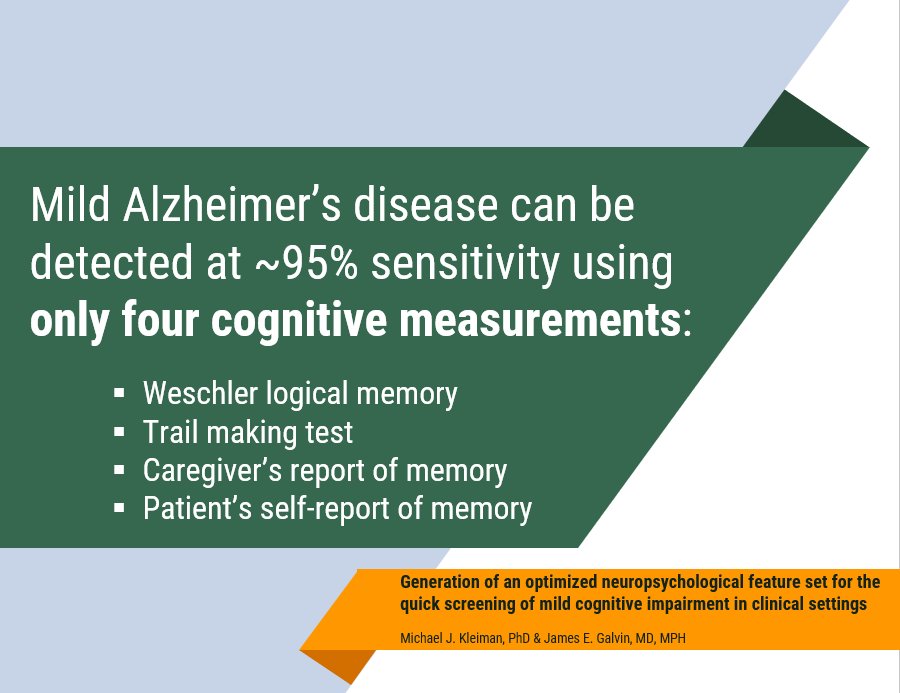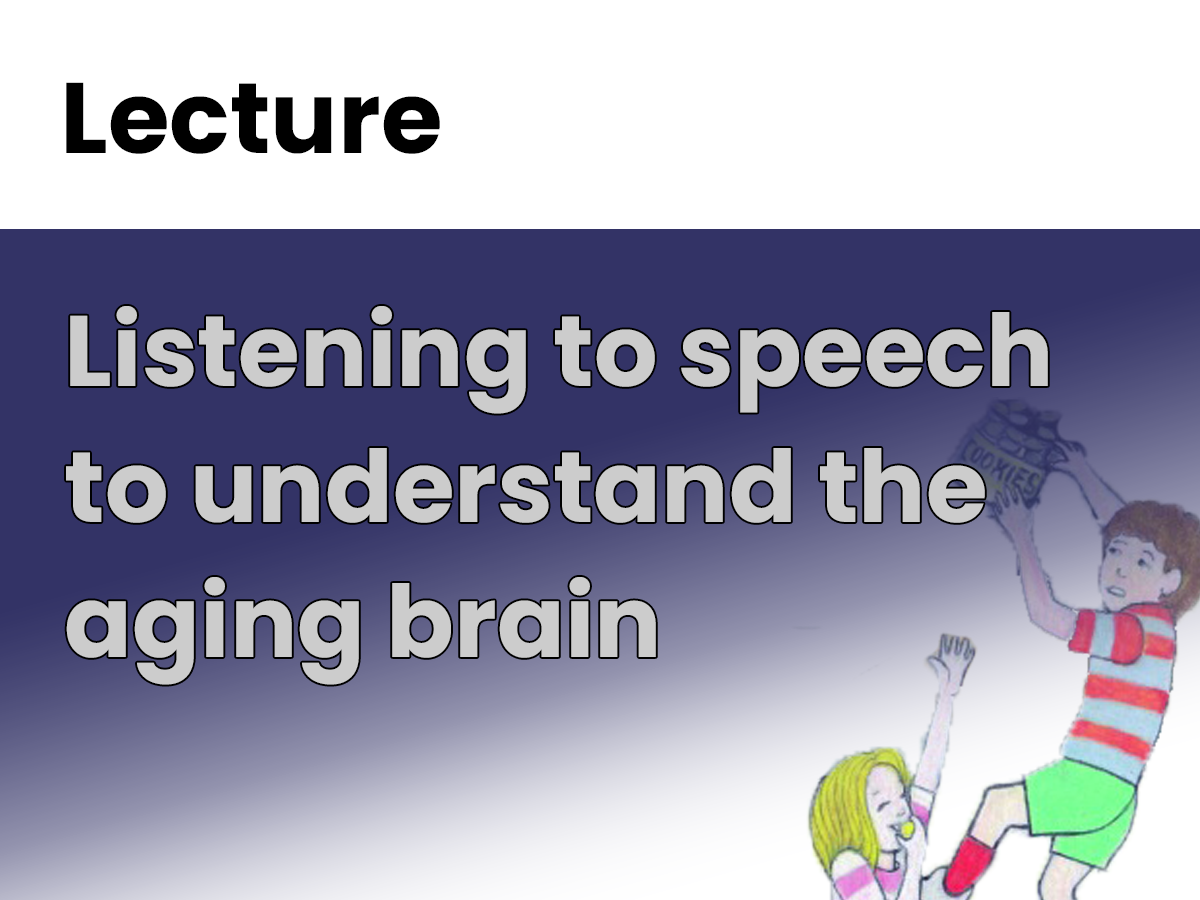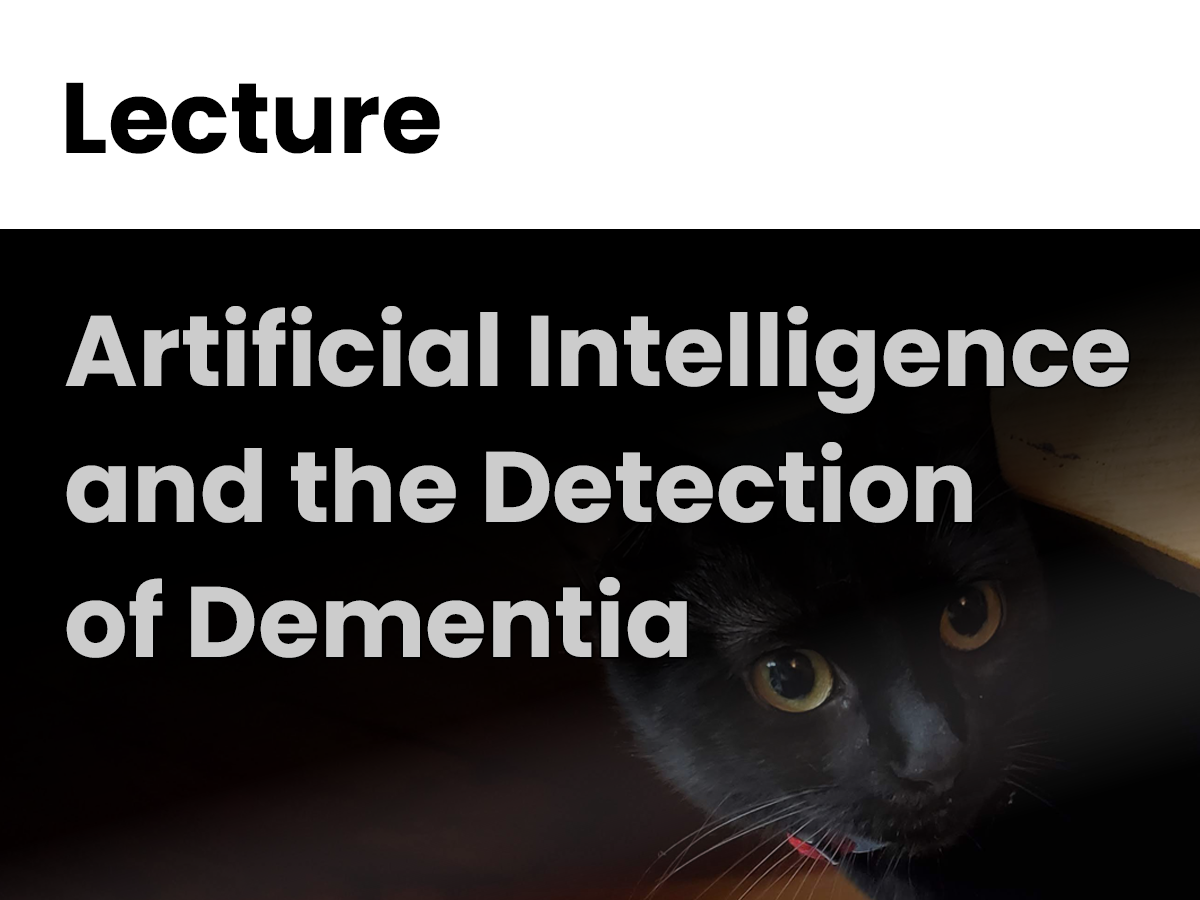What I Do
Testimonials
I have been wholly impressed by [Michael's] commitment, focus, drive, "coachability", and strategic vision.

Great teacher. Great power points. Gives good feedback and wants students to succeed. Tests are made easier by the help he gives. Take him.

Michael was always willing to help me with any questions or concerns and showed a genuine interest for students to learn the material. He is a great professor!








